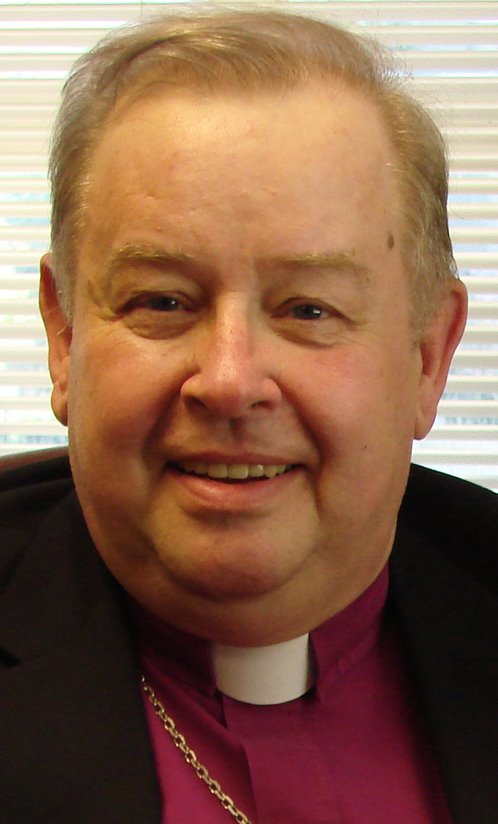
Dear friends in Christ,
We have nearly finished the business of Lambeth 2008. It will take much time to unpack all that happened here. In our last Indaba group we will be asked "What are you taking home from Lambeth?" It is not as simple a question to answer as it might appear. Obviously, some new relationships, especially from the Bible Study group. Having spent nearly three weeks opening ourselves to one another through Scripture, we have formed a wonderful bond of friendship and collegiality. I have met and conversed with bishops and spouses, volunteers and staff from around the world. They have given me a much broader understanding of what it means to be an Anglican in the 21st century. I have to admit, I have been surprised how much we have in common despite our widely divergent backgrounds. And yet there is that wonderful diversity, the shadings of Anglican expression and experience that gives vibrancy to our life together.
I do have to admit that it appears the Archbishop's bold plan to have no legislation may be working. I was wondering how we would be able to pull all this together without taking a vote. But I do think we are more together than we were on July 15. We still have many conversations to hold, many separating barriers to overcome, many divisions to bridge, and many hurts to heal. It will be hard work to stay in Communion with one another. But the light of hope is shining.
Our plenary session tonight was listening to four young persons who served as stewards for the conference. They were from different backgrounds and countries, all under 30 years old. They shared with us their perspective on all that had gone on the past three weeks. They invited us to hear the young adult perspective, another perspective on the Lambeth conversations. I was most impressed by a young women from the UK who is hoping to enter preparation and training for Holy Orders in the Church of England. She was asked why she thought there would be an Anglican Communion thirty years from now. Her response was to point to the caliber of the young leadership who were present at the conference. They will lead beyond outdated structures and they will also have their own set of problems but their love for the Lord and one another will sustain them and keep the Communion together.
August 3, 2008
The final day of the conference and we all anxiously look forward to heading home. One last Bible study. We will miss our time together and appreciate the new friendships. The Archbishop concludes the afternoon with his third address. Though not all are pleased, we manage to survive without any resolutions. Thanks to the hard work of a small but industrious group of listeners and writers, including the leadership of your very own bishop, Neil Alexander, we are given a set of reflections which sums up the conversations of the past three weeks. I think we have had a break through, a serious time together without winners and losers, only brothers and sisters in Christ. In his closing sermon at the Cathedral, the Archbishop challenged us to take our reflections home and put some flesh on them as in "The Word became flesh." He called us to make this a living document; to continue to work with the same collegiality that marked this conference. Pray God will give us the will and the ability to carry that out.
And now its time to pack the computer and everything else, get some sleep, schlep bags and hat boxes up the hill in the morning to catch the train. Atlanta, here we come!
God's good blessing on you,
Bishop Keith





